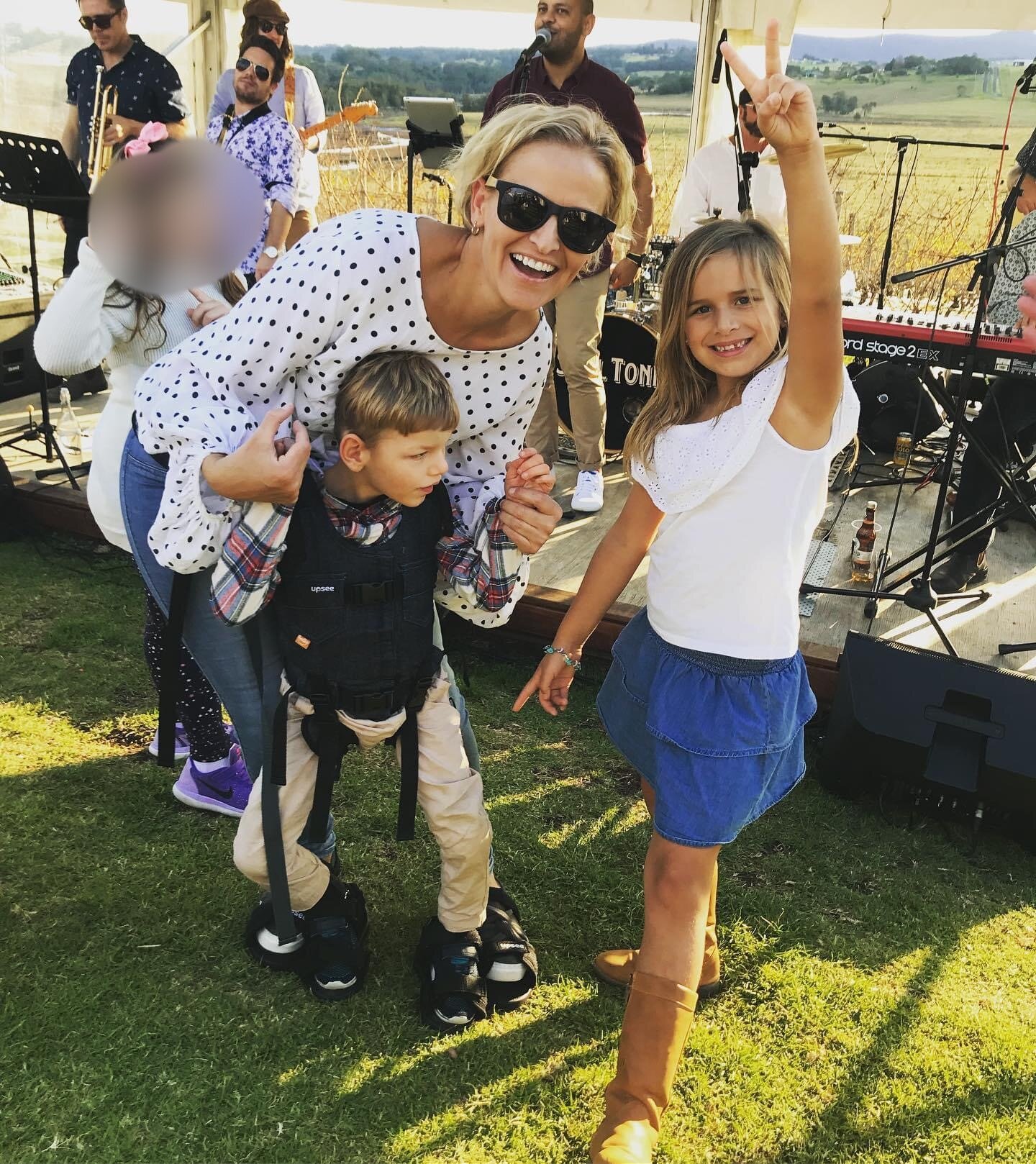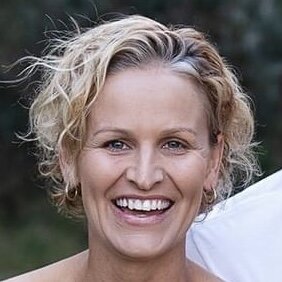#SayTheWord – a parent perspective

If you know me, you know I have two children, one with disability.
How do you know that Dax has a disability? I will happily tell you.
It wasn’t always the case; it’s been a process to say the word disability proudly. It’s been a journey of acceptance of circumstance, exposure to the disability community, and education from those within it.
I used all the euphemisms, differently-abled, special needs, diffability. I used words that were intended to put a positive spin on Dax’s diagnoses. At the time, I was trying to shy away from the word disability and the negativity I associated with it, and parts of society did too. It’s only now I look back and cringe a little, knowing what I know.
I had Dax when I was 32; my exposure to the disability community was little, my interaction in school and work were minimal. And what exposure I did have in early adulthood was masked by my self-indulgent lifestyle of party and travel. So, when Dax came along six years ago, you could say I was naïve.
I was thrown knee-deep into a world that I knew very little about and one that parts of society perceive with pity and limitations. Sadly, there were and still are negative connotations associated with the word disability.
I remember listening to a podcast by ListenAble. Host Dylan Alcott asked his co-host, Angus O’Loughlin.
DA: “Do you know what the Paralympics games are?”.
AO: “Yes, I do”
DA: “What is it?”
AO: “It’s the Olympic games for people who have (insert hesitation) a disability.”
Dylan points out that his co-host feels awkward saying that. Most people shy away from saying disability because people perceive it as a bad thing. I am guilty of this; I felt the same.
I was at the beginning of my journey. I wasn’t comfortable in our circumstance yet. I was experiencing the initial shock of parenting a child with disability and adjusting to a sudden change in what I had thought my parenting role would be. I was learning how to raise a child with disability and how to meet Dax’s needs.
It didn’t take long to realise Dax’s needs aren’t special; they are the same as everyone else’s. He just needs assistance and specialised equipment to meet them.
Dax’s abilities are different, but so are everyone’s, and we need to celebrate those differences.
I soon noticed the more I used the word disability, the more comfortable I was saying it and the people around me hearing it. I have since immersed myself in the disability community. I have read books, listened to podcasts, watched programs, and soon learnt from those within the community that language and representation matter.
This is why I love a campaign by Lawrence Carter-Long DISABLED #SayTheWord.
Lawrence Carter-Long began a discussion on social media to reclaim the term disability as a positive label for people with disability. He encourages society to say it on purpose, to say it often, and that until and unless we do in the disability community, everyone else won’t.
So today, I say it loud and proud, I am the mother of a child with disability. And perhaps if I say it, you will feel more comfortable saying it. If you hear it, your children will feel more comfortable hearing it.
I choose to use person-first language when referring to Dax and will continue to do so until he indicates otherwise.
I choose to respect people in the disability community with differing opinions, and I will adapt as necessary to respect each individual’s choice of language.
I choose to be an ally to the disability community that Dax is very much a part of.
I want Dax to know he has a disability; I want him to own it and be proud of who he is.
by Bree Pennie.
Bree is the Program Lead at Kindred. She is a mum of two, her second child Dax was born with Congenital Cytomegalovirus (CMV).
Bree is passionate about raising awareness about disability and manages several social media pages. Bree and her partner Mitchell love the outdoors and will always find a way to include Dax on their adventures along with their daughter Dylan.
Language guide:
We here at Kindred use person-first language when referring to people with disability, as referenced in the People with Disability Language Guide (https://pwd.org.au/resources/disability-info/language-guide).
However, we recognise that in the autism community, many self-advocates and their allies prefer terminology such as “Autistic,” “Autistic person,” or “Autistic individual” because they view autism as an inherent part of an individual’s identity, as referenced by ASAN (https://autisticadvocacy.org/about-asan/identity-first-language/)
There are alternate opinions held throughout the community and many people embrace identity first and/or person-first language. The most important thing for us to do is respect each individual’s choice of language that they prefer to use about themselves and adapt as necessary.
